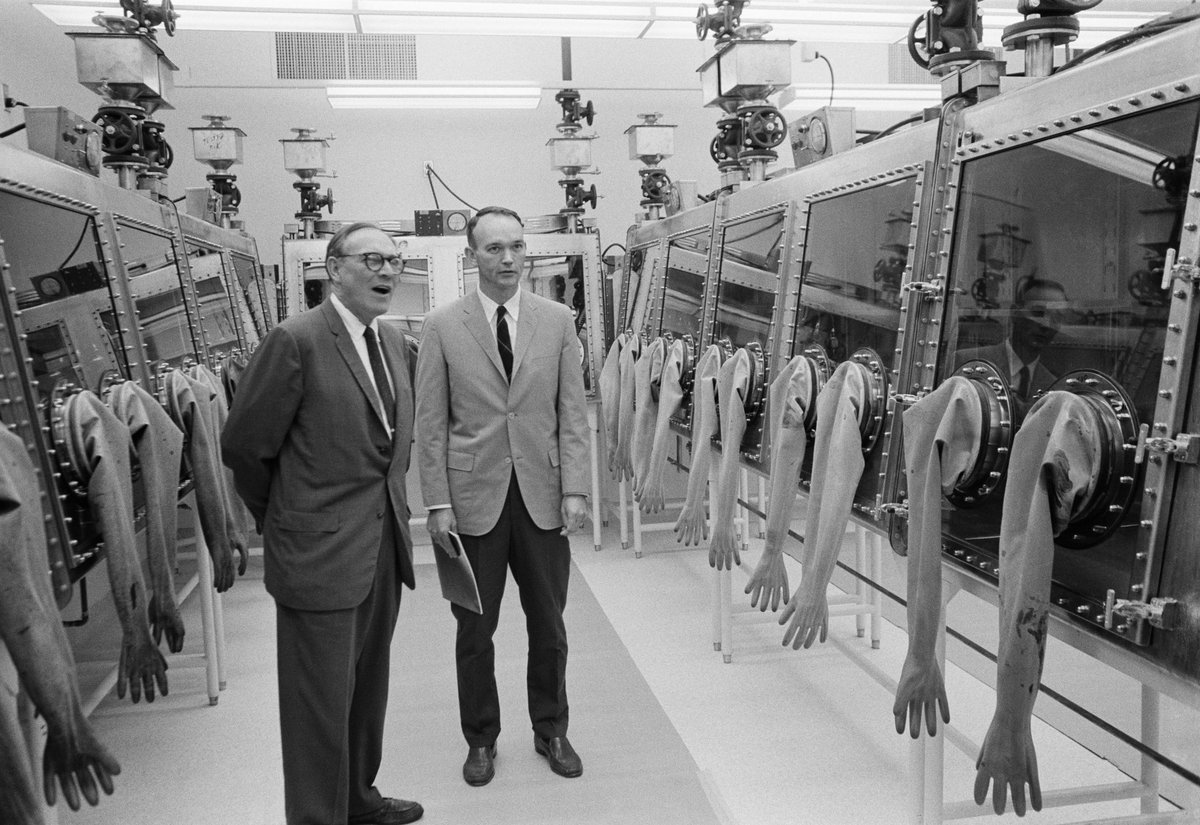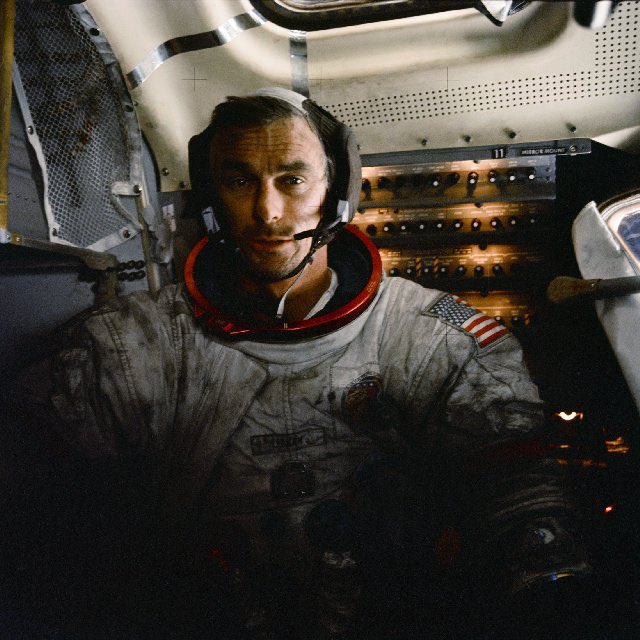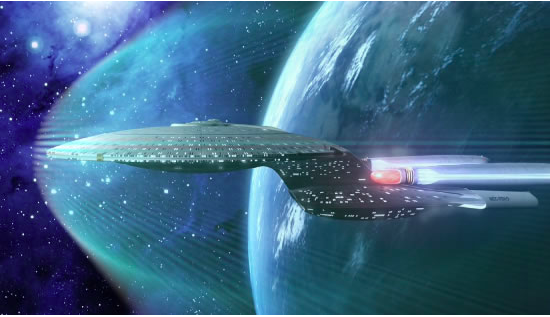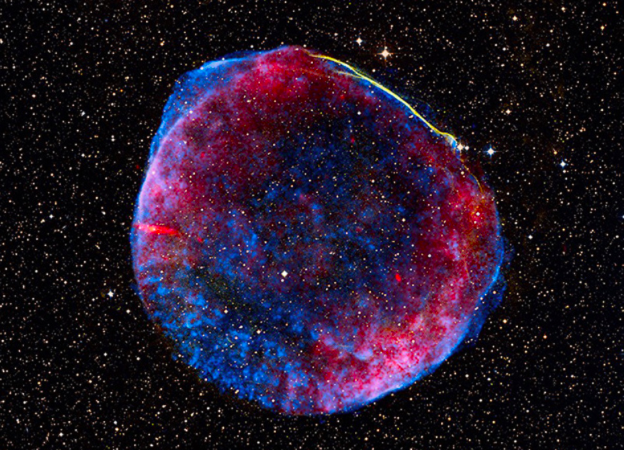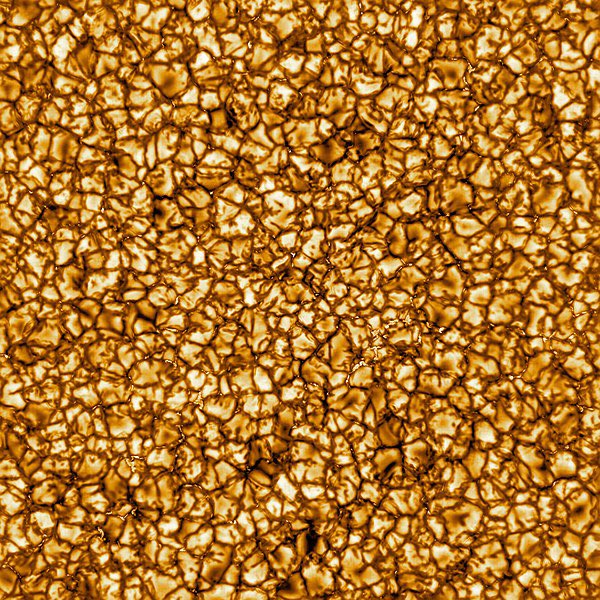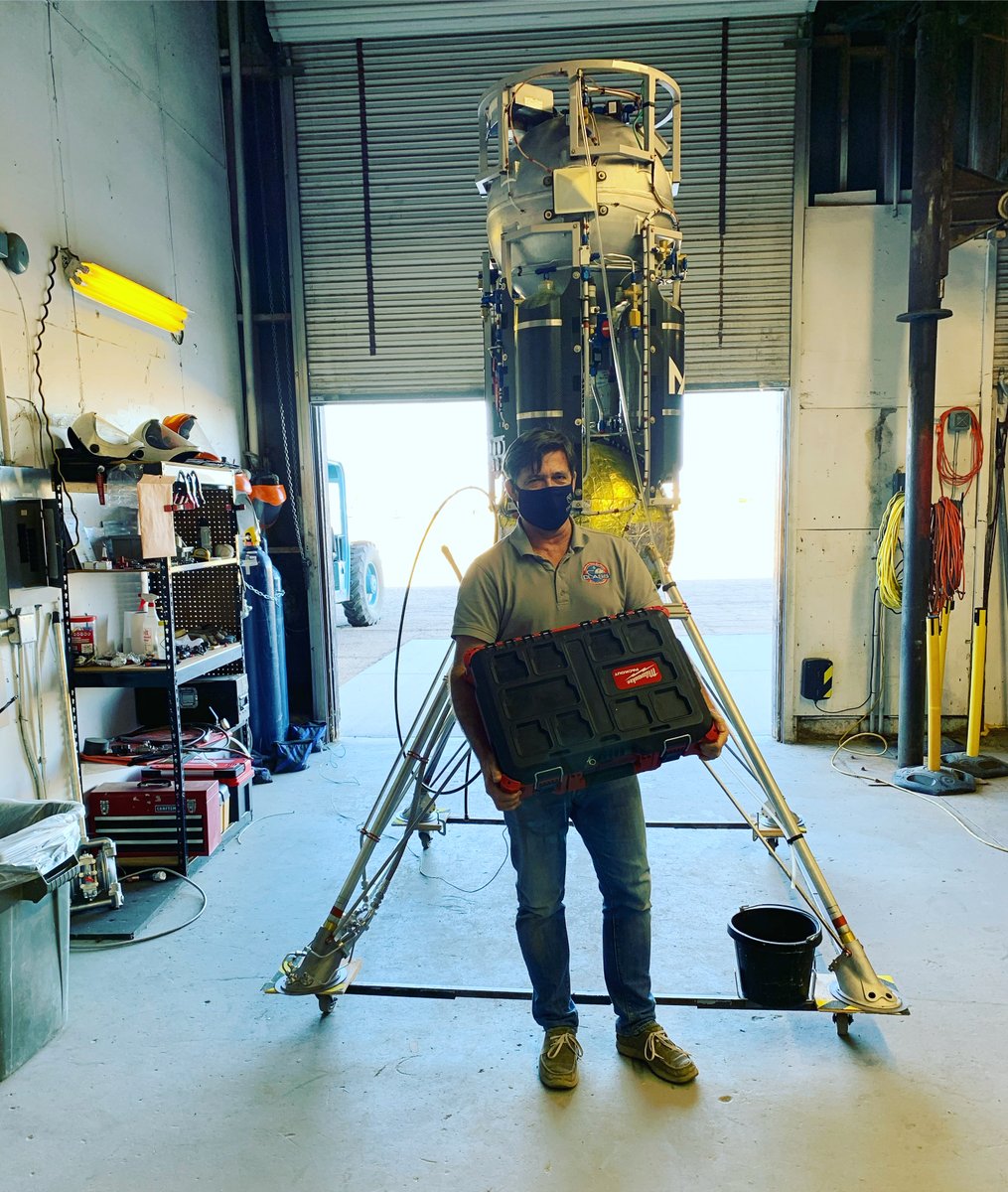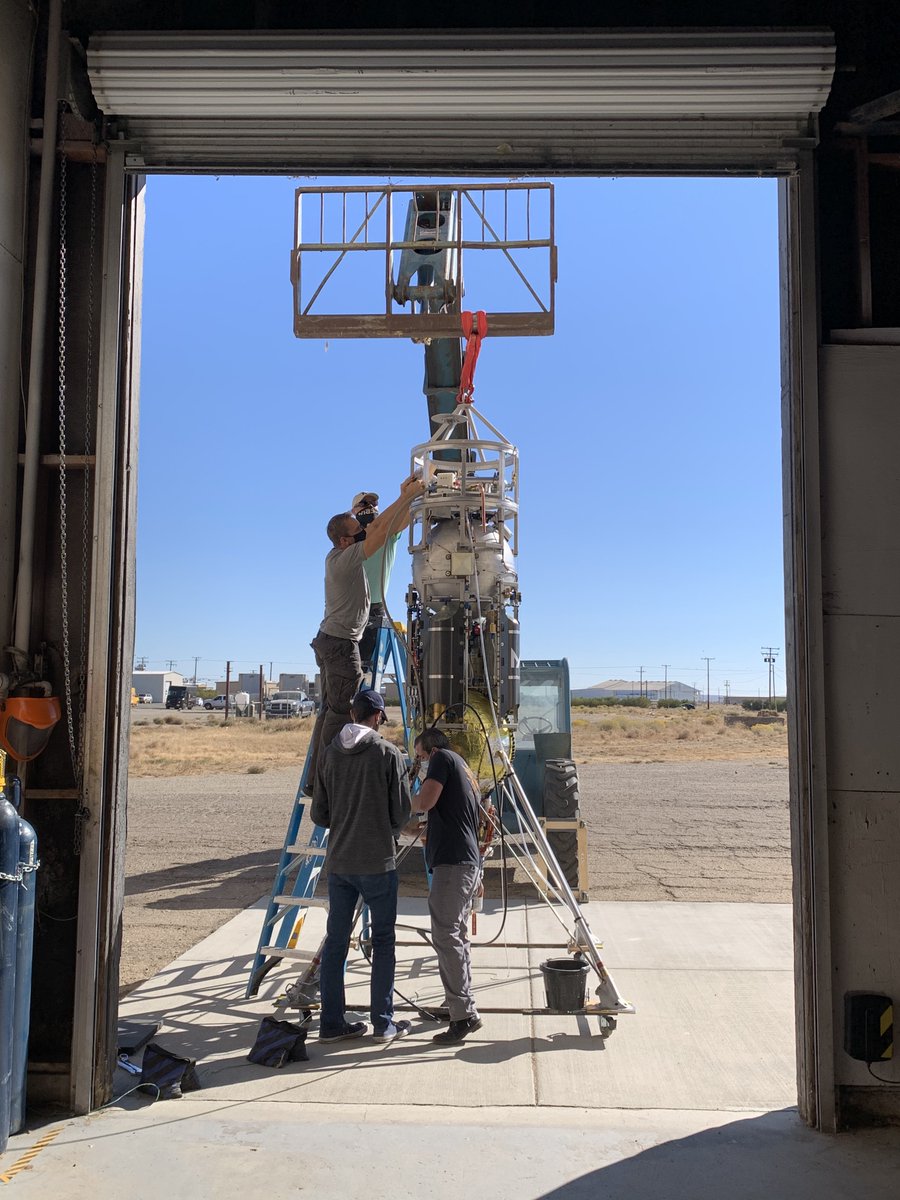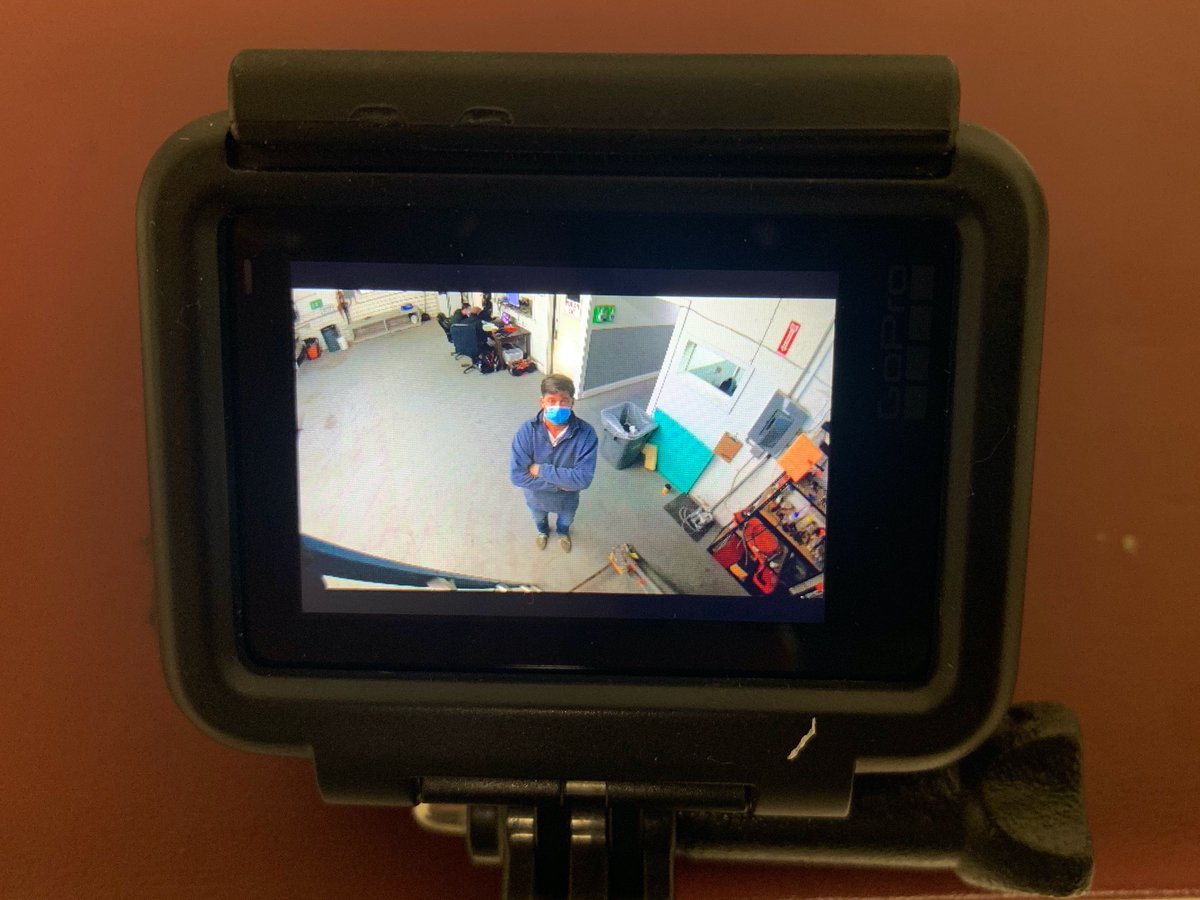
Since this Guardian writer has recycled the super-uninformed claim "we ought to be spending the money on Earth instead," it is now time to recycle the informed responses. (1) Hardly *any* money is spent on space. E.g., the US spends 4X as much on tobacco as on space. 1/n
https://twitter.com/robert_zubrin/status/1380740952420020224
2/n US consumers spend 5X more on credit card interest and fees as we spend on NASA. Every year the US spends $1.77 Trillion on retail food, and about 30-40% is thrown away, which is equal to 31X the amount we spend on NASA.
3/n Every year the US spends 12.5X as much on alcoholic drinks as we do on NASA, and 77% of that is for binge drinking. In other words, the US spends 10X as much on binge drinking as we do on NASA. (NASA makes you feel better in the morning, by the way.) cdc.gov/alcohol/featur…
4/ OK, I could go on and on showing what a trivial amount of money the US citizenry invests in space. So now, point (2). The space program pays back gigantic benefits for that small investment. The tech advances are so breathtaking it is hard to even begin listing them.
5/ From medical advances to weather observation capability, pure science, fluid dynamics, electronics, computing, on and on. This will continue throughout Artemis, Mars exploration, etc. One of the countless examples: a ventricular assist device ncbi.nlm.nih.gov/pmc/articles/P… 

6/ Here is a 2013 report giving an overview of socio-economic benefits of NASA. Check the full (27-page) report for details: nasa.gov/sites/default/… 
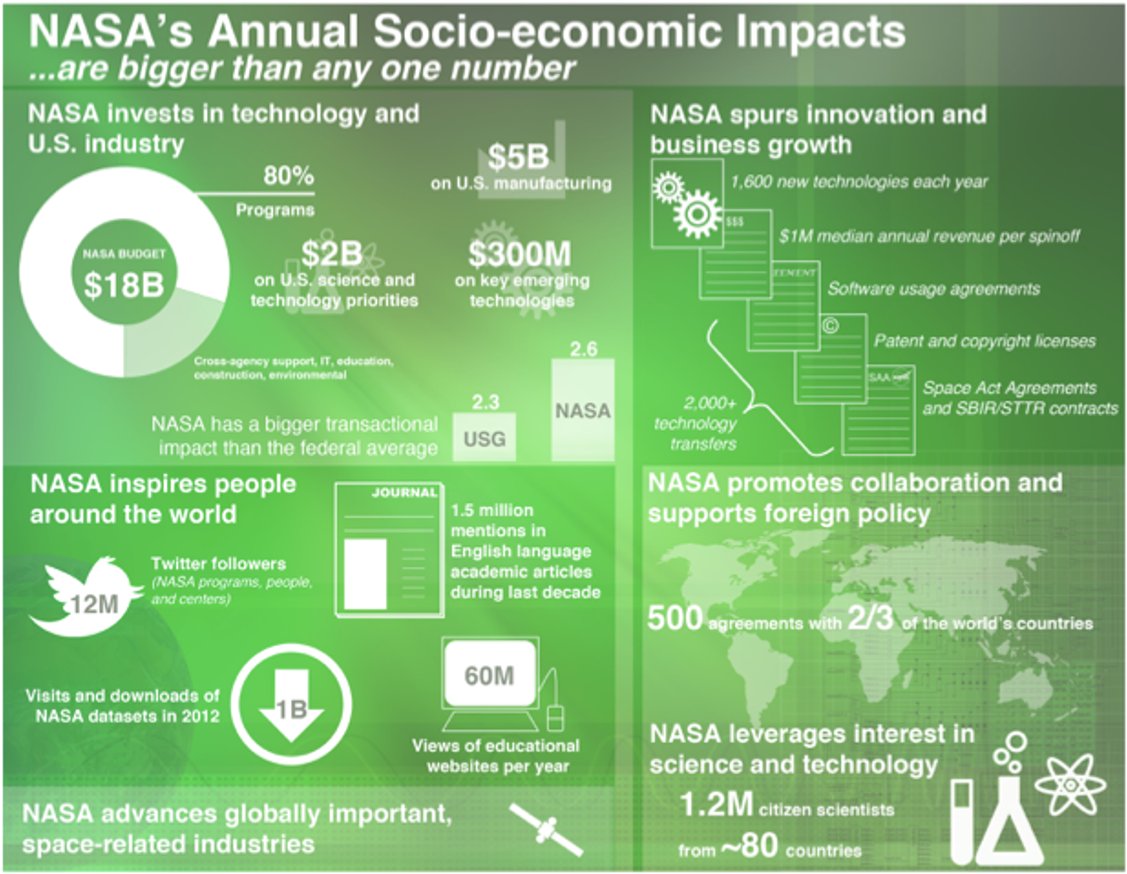
7/ Point (3). The space program makes you safer than you know. The potential of weapons in space is destabilizing and could result in nuclear war. The Outer Space Treaty tries to prevent that, but it is a weak treaty. It allows any country to get out with just 1 year notice.
8/ That was the strongest treaty we could negotiate with the Soviet Union in the 1950s. So any country who thinks they will get an advantage by putting nukes in space can send a letter to The Hague and 1 year later they can do so legally. Or claim territory on the Moon, etc.
9/ So the US civilian space program (NASA) is intended to make the Outer Space Treaty stronger. The idea is that we prove our strong capability in space, year-by-year without end, so no hostile country will think they can gain military advantage by withdrawing from the treaty.
10/ In other words, the space program is a form of "geopolitical signalling" to help keep the world safe from nuclear war. If you realize how weak the treaty is, and how destabilizing space can be, you will never again question the trivial amount of money that we put into NASA.
11/ That's another reason this Guardian article is so ridiculous. By taxing the US citizenry just 1/10th the amount spent on binge drinking (not to mention all the other frivolous things), NASA provides unfathomable benefit to the US and to the world. So...
12/...if we gave up the unfathomable benefits of NASA, the cost savings would make almost no impact on the problems like poverty that the article discusses, because the money is trivial compared to what we *do* spend on poverty. This lack of perspective is staggering.
13/ I still haven't mentioned the most important point: the future trajectory of our world. The author of the piece seems ingnorant about the utter revolution in space access--and how it is nowhere near finished yet--so humanity's future *will* be even more about space.
14/ Couple the globally easier & cheaper access to space with other tech revolutions (eg, robotics and autonomy) plus the growing environmental impact of industry on our planet, and it is inescapable that industry will be driven off-Earth into space during this current century.
15/ Like all tech advances and like all economic revolutions, this offers a mixture of enormous benefit and tremendous threat. Facing the real politics of a geopolitically fractured globe, there is no realistic option to keep this genie in the bottle, even if it were desirable.
16/ To name some threats, first: autonomous industry in space could lead to enormous wealth concentration that could threaten democracy; it could create geopolitical winners and losers that could destabilize the globe and result in fascist hegemony or who knows what;...
17/ ...and it is hard for private individuals (incl. underrepresented minorities, economically disadvantaged, people in poorer nations) to participate in space, so the coming economic revolution will bake-in and amplify all social injustices on Earth unless we are proactive.
18/ But on the positive side, putting industry outside this most special of all planets, the Earth, will unburden the environment (by at least a factor of 2-4 by end-of-century, IMO); will give us ability to do amazing things in science, medicine, and overall civilization...
19/ ...because currently what we imagine we can do in our civilization is languishing in a mental jail. Our collective imagination is imprisoned by the scale of a planetary economy. We were born into these limits and don't even know how to dream correctly about what lies outside.
20/ Not only are the possibilities real (I won't give a list here), but just getting a glimpse of them pays back enormous benefits right now by inspiring youth, by making civilization optimistic, and by helping people see that life is not a zero-sum game so fighting is stupid.
21/ Repeat: life is not a zero-sum game, because we are not bound to a planet, and therefore fighting over the limited resources of Earth is stupid. Utterly stupid, because we could work together to create a much better future for all through space.
22/22 Who do we trust the most to help lead the way? I would say NASA. It isn't perfect, as it is the product of an imperfect political system, but IMO it is one of the best thing humanity has done in centuries. So the tiny amount we pay for Artemis and space is amazingly good.
• • •
Missing some Tweet in this thread? You can try to
force a refresh

